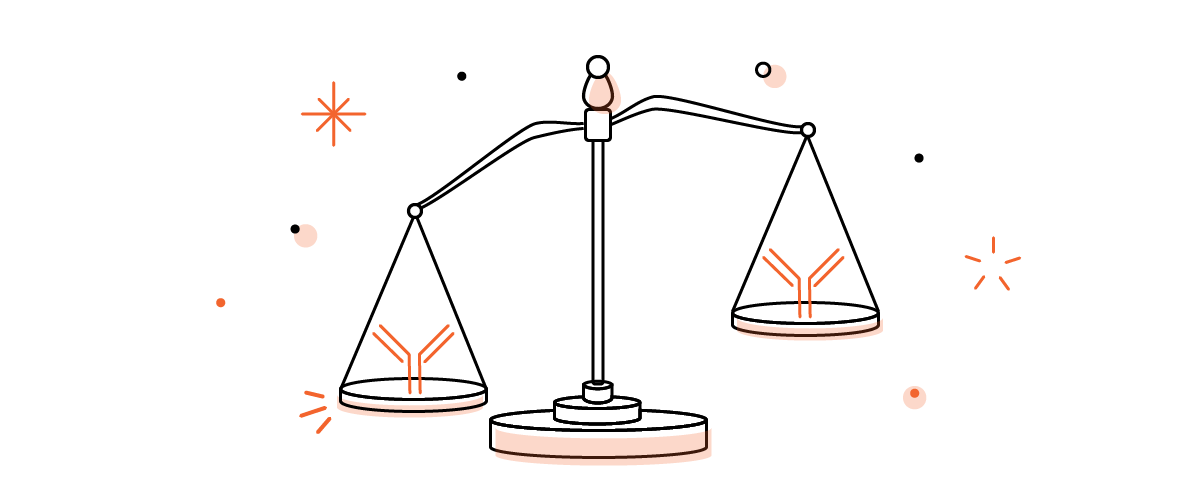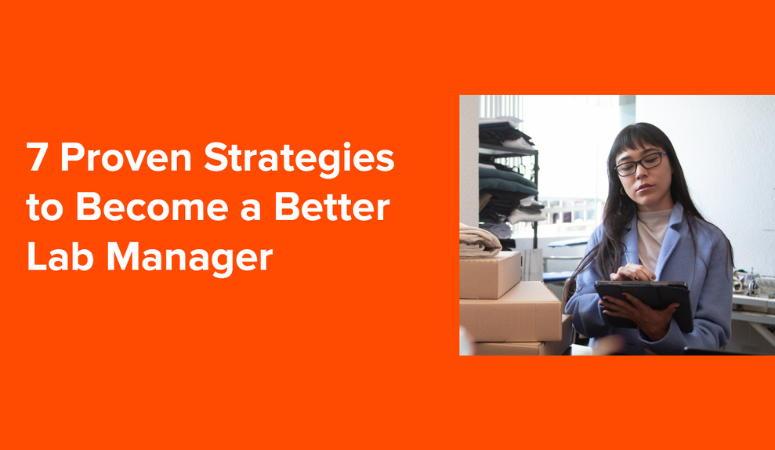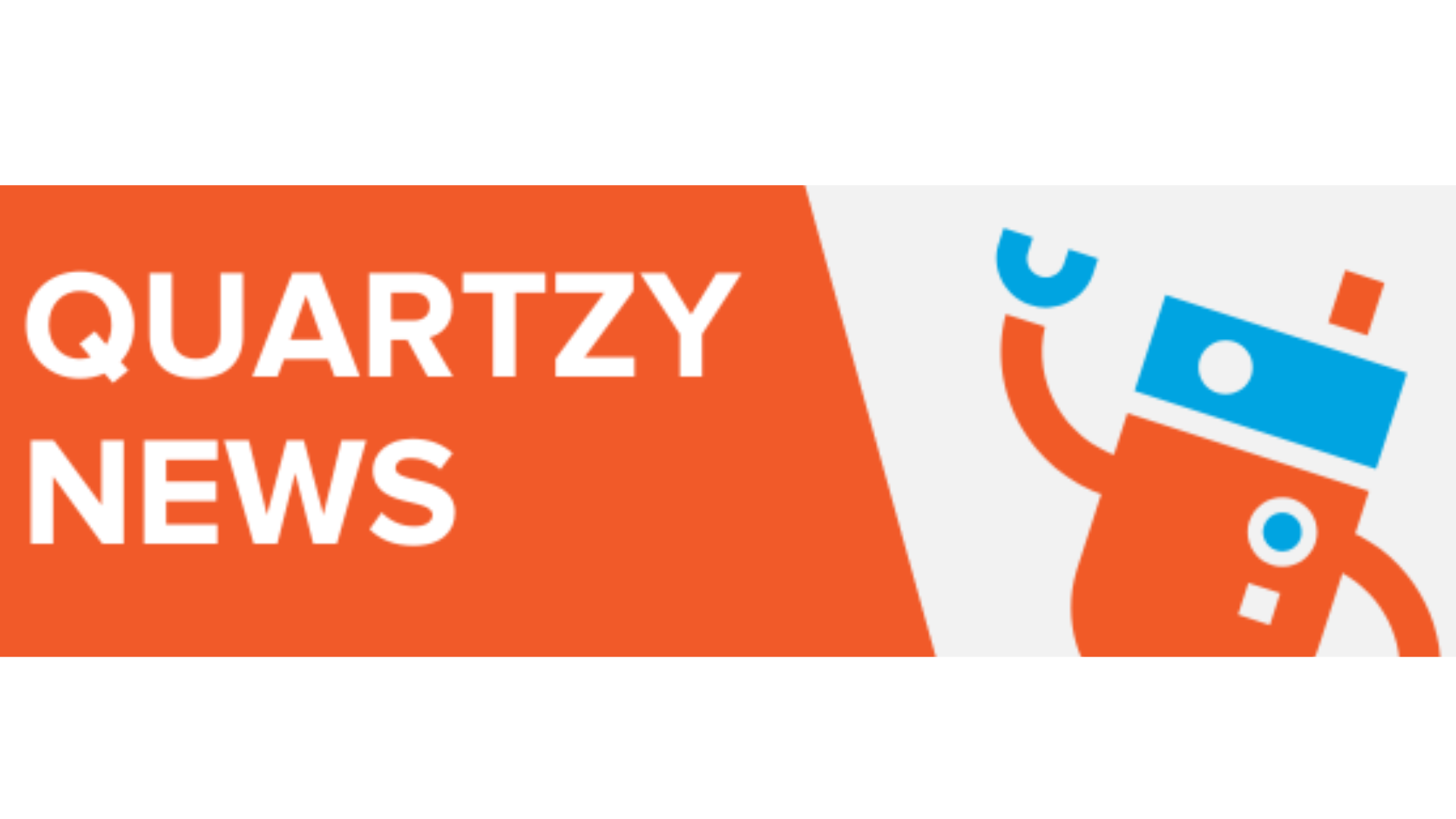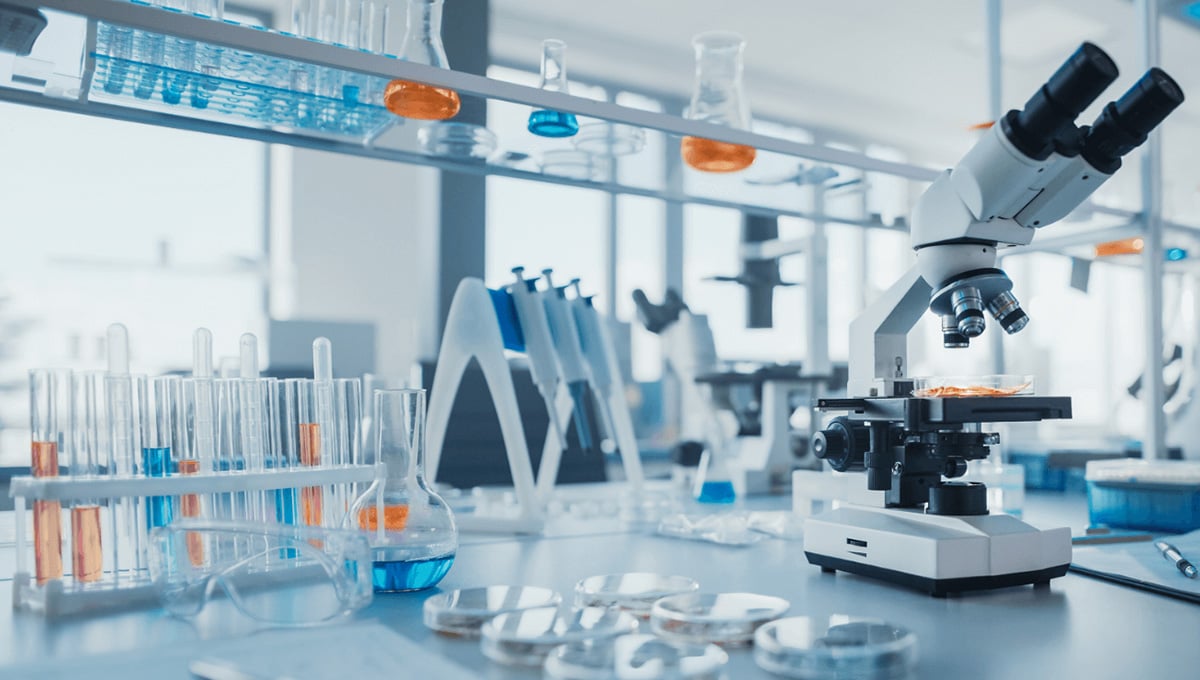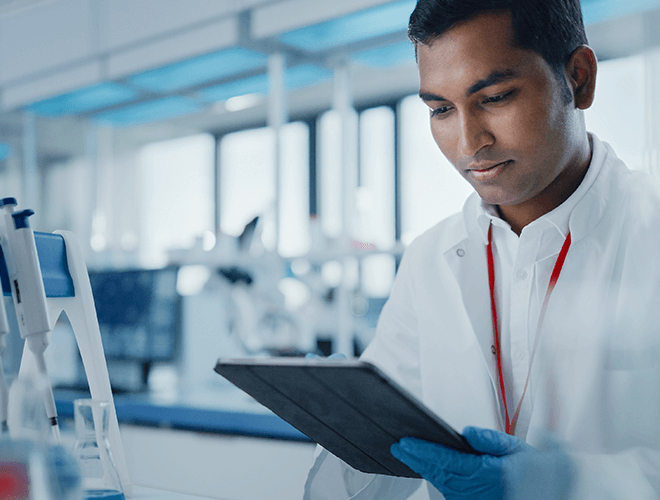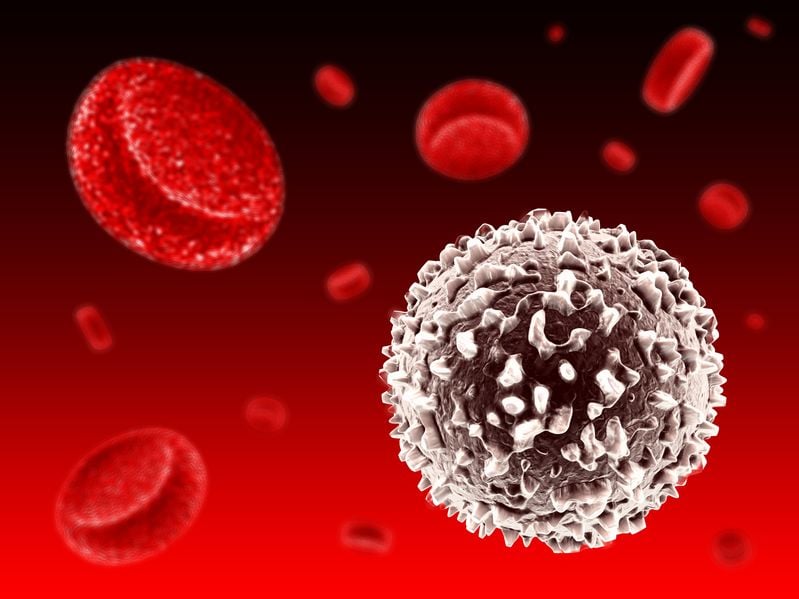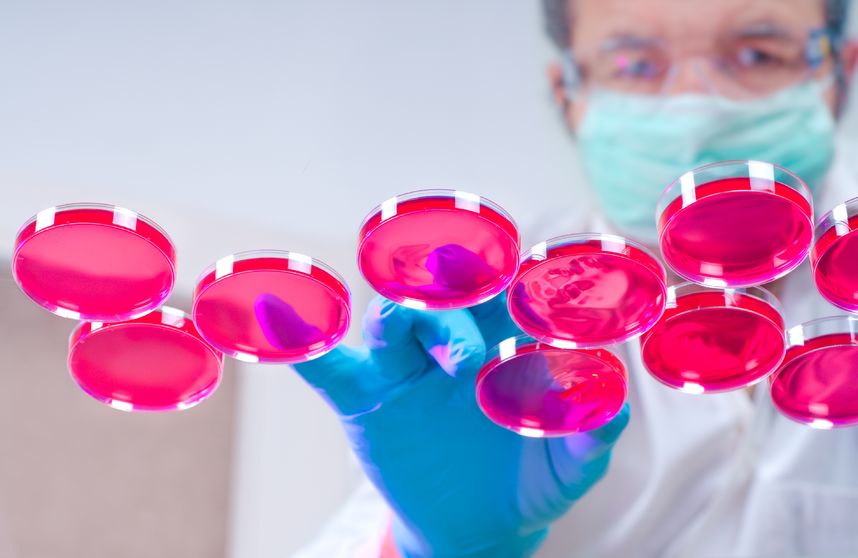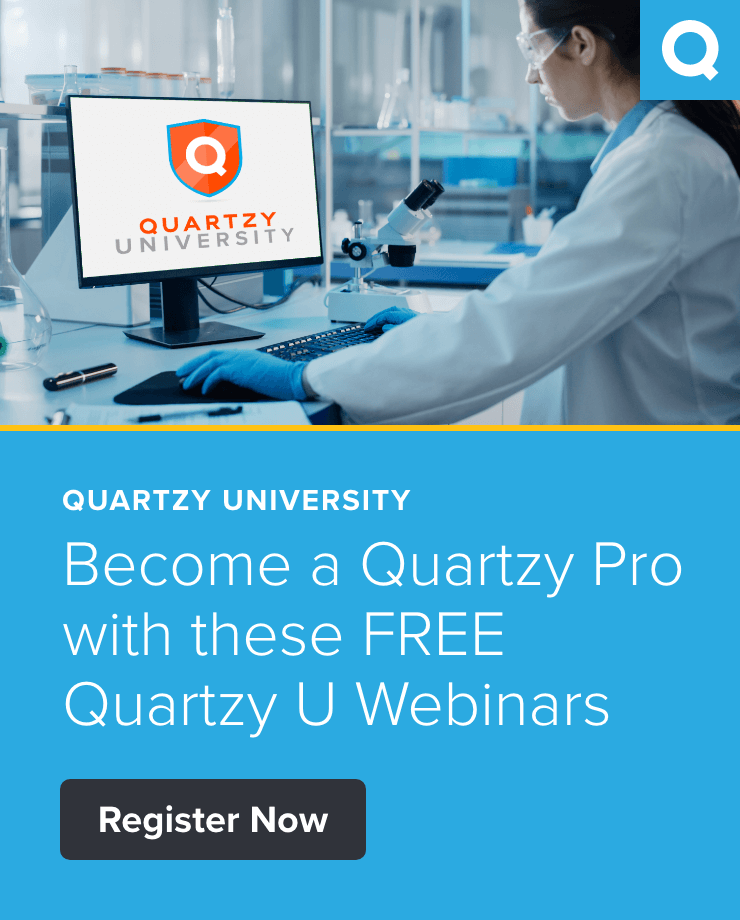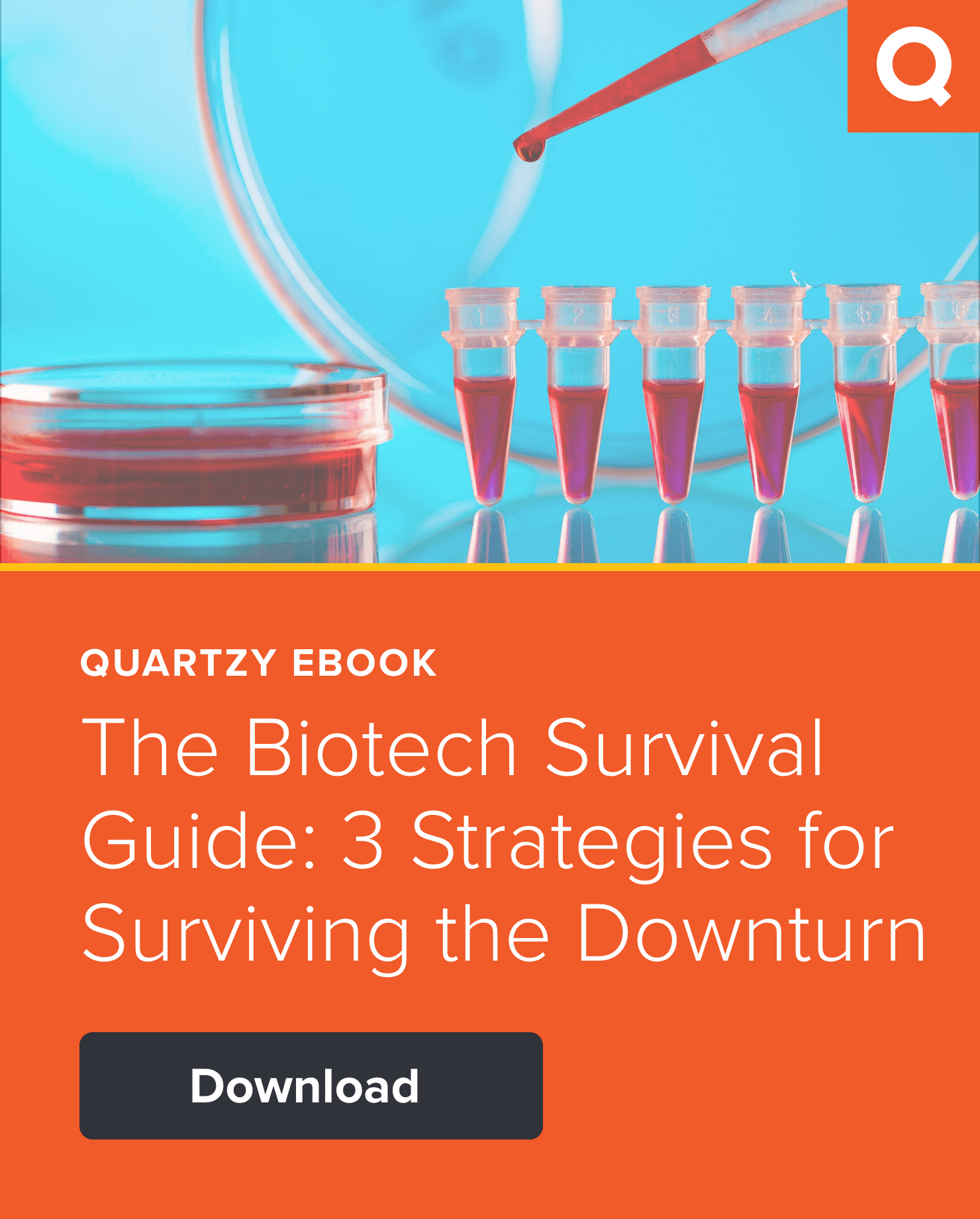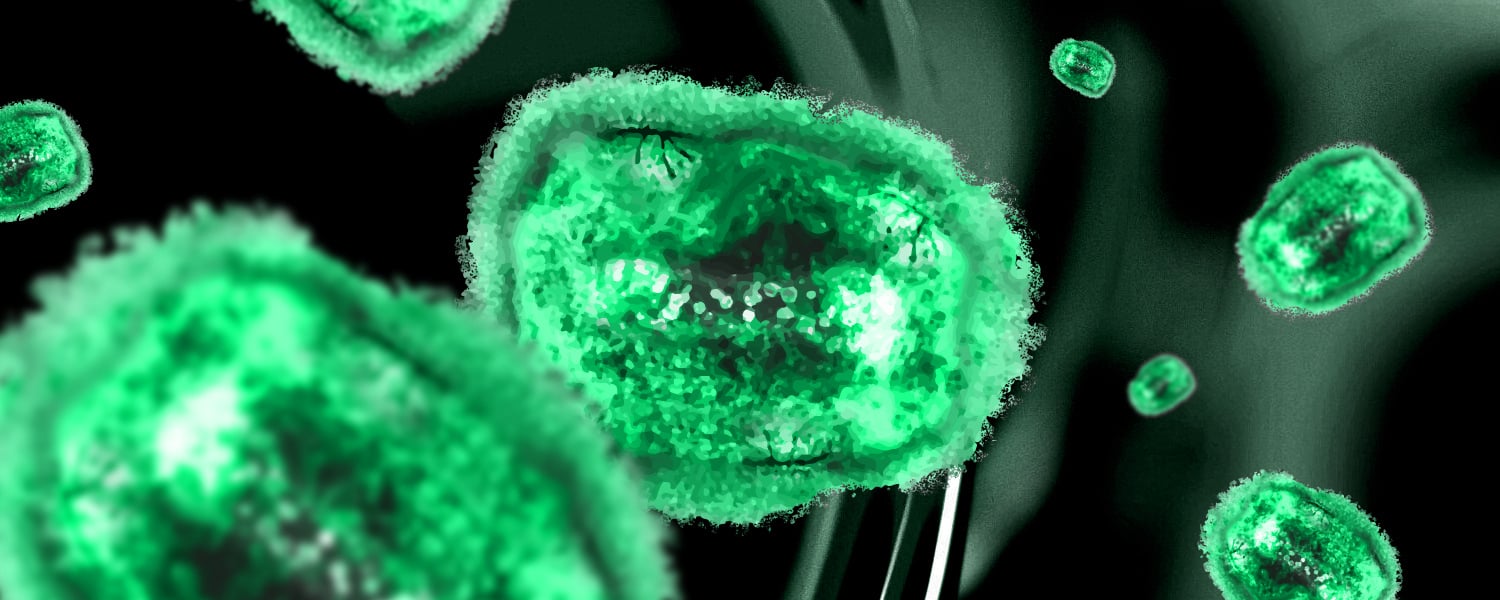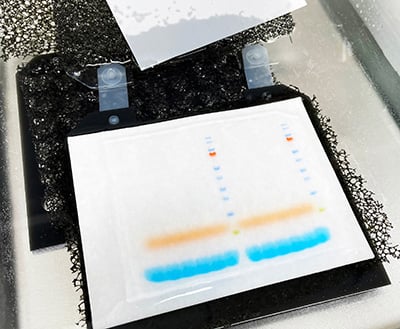Doing science can be expensive! To the new and established researcher alike, the cost of some laboratory reagents can come as a surprise. Antibodies can be found in a range of prices, so it can be especially shocking to find antibodies that cost less than $100 and others that cost nearly $500 and leads many scientists to wonder why this price disparity exists in the day and age when so many labs are struggling to secure funding and are working on a limited budget to perform experiments. The good news is that while different companies may sell similar antibodies for slightly different prices, the difference between antibodies that cost $100 and those that cost $500 are for scientific reasons and not because biotech companies are trying to scam researchers.
Polyclonal or monoclonal?
Polyclonal and monoclonal antibodies differ in their specificity for particular protein epitopes. Polyclonal antibodies are bulk immunoglobulins isolated from animals immunized against foreign antigens. The animals used to generate polyclonal antibodies may have been immunized with a whole protein or with a defined peptide sequence derived from the protein. All antibodies from the immunized animal are collected and any antibody that recognizes the target protein is included in the final product. Polyclonal refers to the final product including antibodies specific to multiple epitopes of the protein and/or of different antibody isotypes. These antibodies are the least expensive type of antibody that can be purchased.
Alternatively, monoclonal antibodies are a single antibody isotype specific to a particular protein epitope. These antibodies are commonly derived from cells are known as hybridomas, which are derived by the fusion of splenocytes from an immunized animal with cancer cells that are capable of secreting large amounts of antibody into culture supernatant. Alternatively, recombinant monoclonal antibodies can be made from yeast or viruses using protein engineering techniques. Antibodies listed as being of a particular clone are monoclonal antibodies. Monoclonal antibodies are typically more expensive than polyclonal due to the cellular or protein engineering required for their production.
Conjugated?
Antibodies that are unconjugated are less expensive than those conjugated to a fluorescent or biomolecule such as FITC, biotin, or streptavidin. This is due in part to the cost of producing the molecules and partially due to the additional cost and time necessary to perform the conjugation step. A potential cost-saving mechanism is for researchers to purchase unconjugated antibodies and the materials to perform the conjugation step in the lab. Therefore, an additional part of the cost in purchasing conjugated antibodies is convenience, but this also ensures continuity in the final product that can be difficult to achieve when doing the conjugation independently.
Purity?
Irrespective of their conjugation and clonality, antibodies being used for bench techniques such as Western blotting and flow cytometry do not need to be highly purified to achieve positive experimental results. At the other end of the spectrum, techniques such as in vivo work require very highly purified and sterile antibodies that are free of toxins, azides, or other chemicals that can cause harm to the animal. Because of the additional steps required to purify an antibody to this high degree, these antibodies are among the more expensive antibodies available.
Clonality, conjugation, and purity of an antibody affect not just the price of the antibody but also its utility in a range of potential research techniques. This should help scientists understand the antibodies they encounter during a product search and help them to choose the best and most cost-effective product for their experiment.
Quartzy is the world’s No. 1 lab management platform. We help scientists easily organize orders, manage inventory, and save money on lab supplies. We’re free and always will be. Visit Quartzy.com or reach out at info@quartzy.com.
Interested in writing for The Q? Send us an email!
